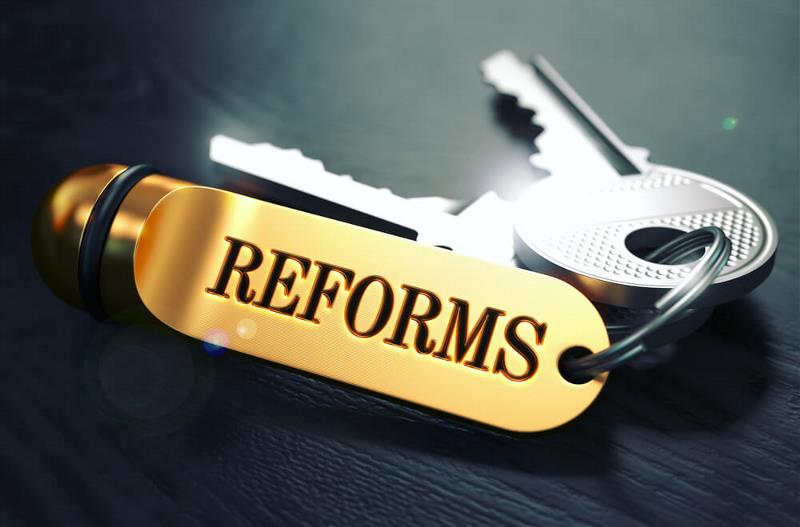Tax Reform 2017 Talking Points
By

Tax Reform is Important but Must Not Erase the Tax Benefits of Homeownership
Since its inception over a century ago, the U.S. income tax system has recognized the positive effects of homeownership for families, communities and society by rewarding home buyers with tax benefits. A tax reform plan being considered in Washington is inadvertently threatening to decimate the tax benefits of owning a home for 95 percent of American families. The proponents of this type of tax reform pledge to protect the Mortgage Interest Deduction (MID) by retaining it as one of just two itemized deductions that would not be repealed.
The downside of tax simplicity.
• Elimination of the deduction for state and local taxes paid, including property taxes.
• Doubled or tripled standard deduction would greatly diminish the number of taxpayers claiming deductions for the MID.
• Would largely erase the tax benefits of owning a home for the great majority – buying would offer little or no more tax benefit than renting.
Why are REALTORS® worried?
• A small increase in the standard deduction might be justified and even a good idea.
• Doubling or tripling the amount and eliminating most itemized deductions would hollow out the incentive effect of the MID.
• For most Americans, there would no longer be a strong tax incentive to purchase a home.
What negative consequences might result from this kind of tax reform?
• The tax incentive to buy a home has its first and largest effect on the first-time home buyer.
• Having a strong and appropriate tax incentive to assist first-time buyers has been instrumental in getting millions of homeowners into their first house.
• Losing the tax benefits of owning a home would have a significant and negative effect on the price of houses.
• Most homeowners could lose equity and thus family savings. Millions of homes could go underwater, meaning the home is no longer worth as much as is owed on its mortgage.
Example of the impact of a higher standard deduction on a first-time homebuyer.
• Hypothetical single woman living in Colorado; current renter.
• Wants to buy her first home – a condo.
• Saved a 5 % down payment on a $263,000 unit.
• At 4% mortgage rate the monthly payment would be $1,193.
• Current law provides tax incentives to buy the condo totaling more than $3,300 for 2016.
• Under a tax reform plan that almost doubles the standard deduction and repeals all itemized deductions except the MID and charitable contributions, her tax benefit would drop to almost nothing.
• The cost of buying suddenly skyrockets by as much as $263 per month.
Excerpted from the NAR Issue Brief; view the brief at nvar.com/TaxReform.